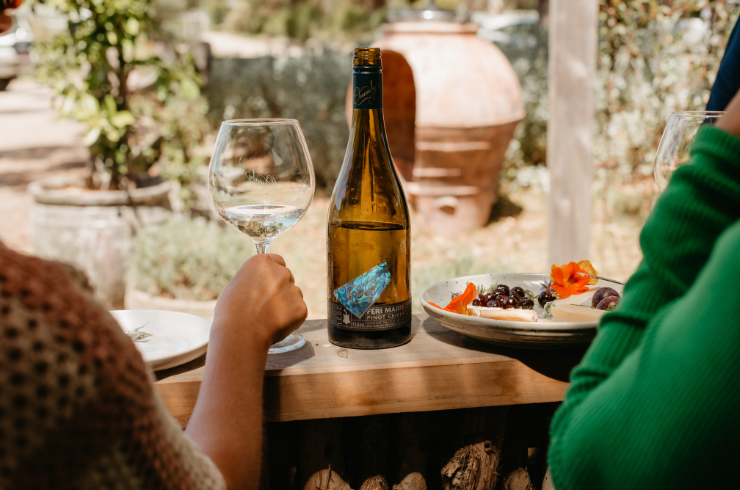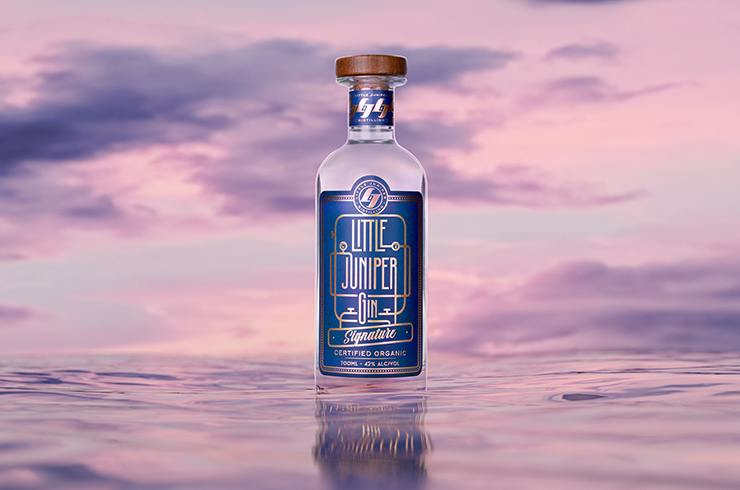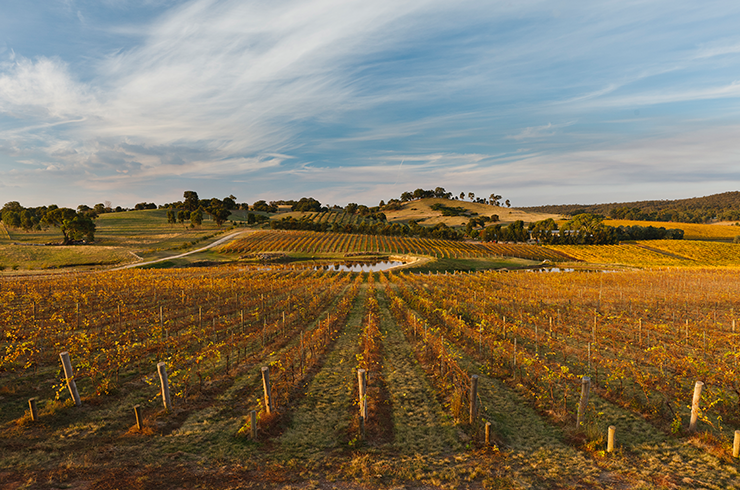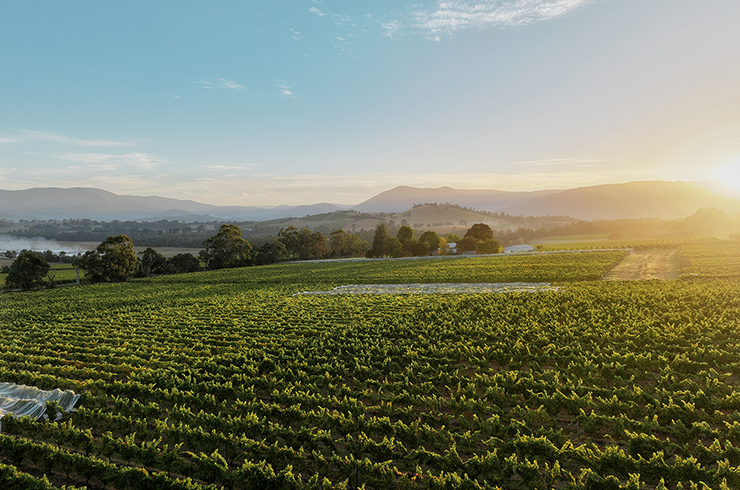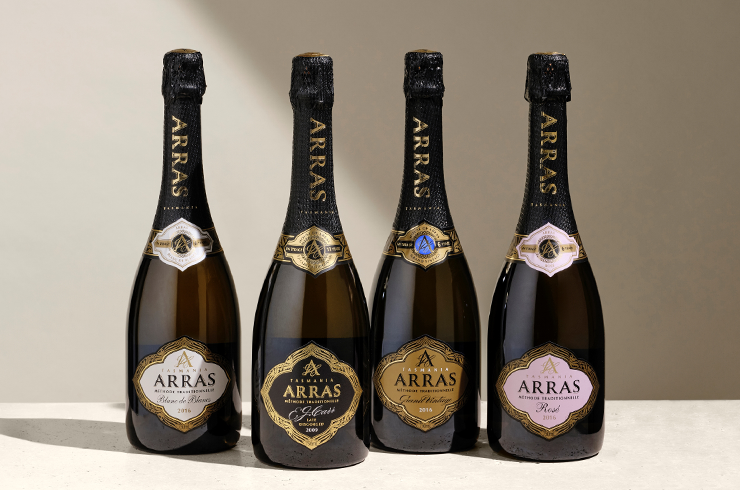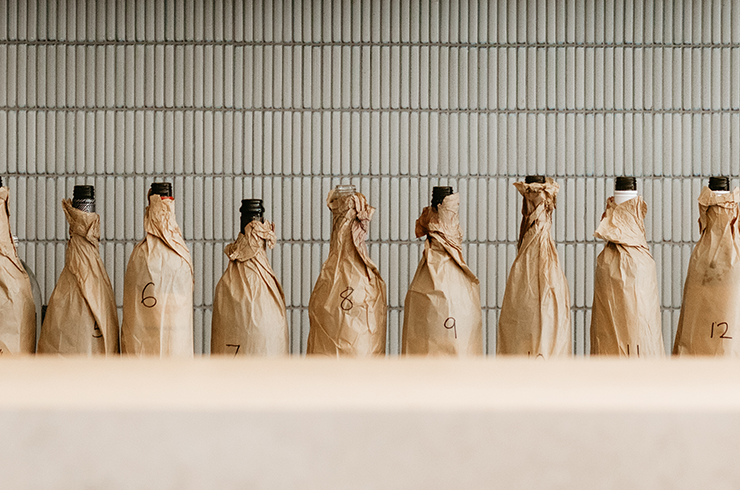Australian whisky is difficult to define. Modern Australian whisky production has only been around for a little over 30 years, and in any reasonable volume for less than 10. As a young industry, it’s still very much finding its feet. But one thing defines our homegrown whisky more than any other: Australian wine casks.
Lark whisky
Nearly every success story of Australia’s modern whisky movement can be traced back to high-quality local wine casks. Bill Lark was one of the founders of Tasmania’s modern craft distilling industry in the early 1990s – a cottage industry that’s grown into big business for the Apple Isle. Lark’s signature whisky relies heavily on the rich, fudgy character of Seppeltsfield Apera casks, which, along with other Australian fortified wine casks, provided the defining character of Tasmanian whisky for many years, including Sullivans Cove Distillery’s world-beating French Oak single malt aged in Australian tawny casks.
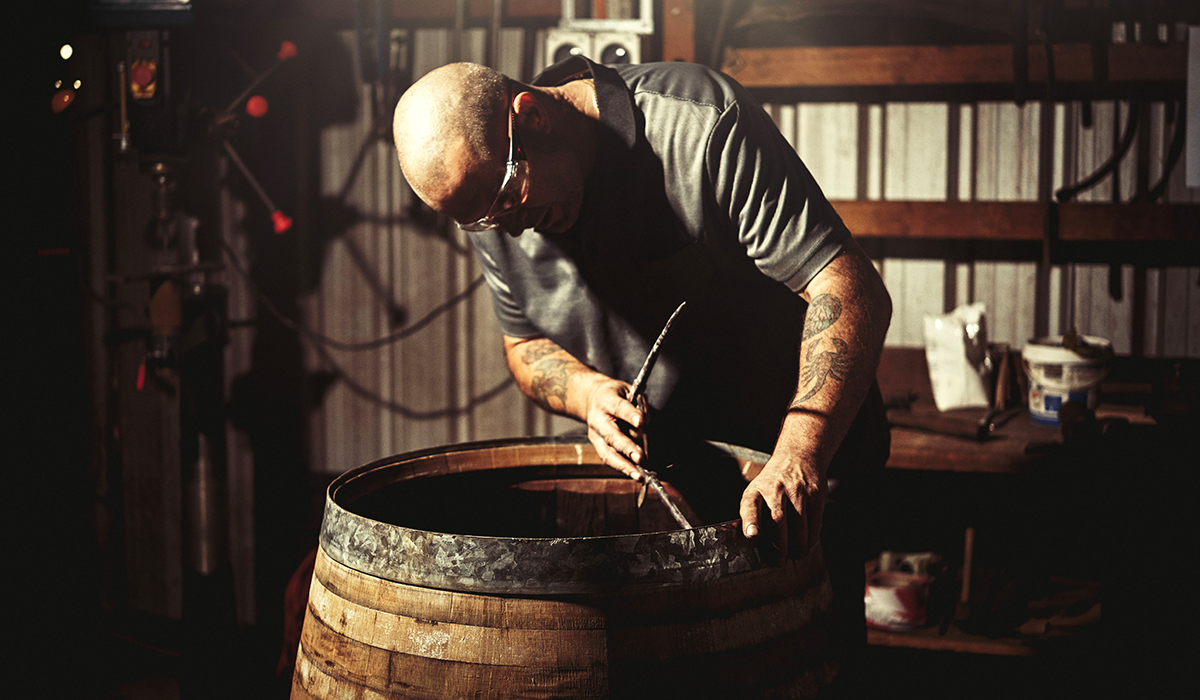
Fortified wine and whisky
These are the whiskies that launched a thousand ships, as it were, as Bill taught an entire generation of Aussie distillers how to make whisky, and Sullivans Cove’s big win at the World Whiskies Awards in 2014 kicked off a huge boom in investment and led to a wave of new Australian whisky distillers setting up shop – now numbering in the hundreds. But Australian fortified wine casks aren’t as easy to come by as they once were. “Rich, old fortified casks are definitely becoming harder to get,” says Lark’s head cooper Michael Alden. “Not many people are drinking fortified wines these days, so please people, buy a bottle!”
That’s not to say there aren’t still some brilliant examples of Australian whisky being matured in local fortified casks. Chief among them is Morris Single Malt Australian Whisky, from the same storied Rutherglen house that’s been producing excellent fortified wines since the 1850s.

...Bill [Lark] taught an entire generation of Aussie distillers how to make whisky...
Morris whisky
“Back in 2016, the business was in trouble,” says Morris head distiller Darren Peck, as demand for fortified wines was hitting an all-time low. But a bit of vision and a rebuild of the winery’s historic spirit still gave new life to the brand. “We have access to all these wonderful fortified wines, so we can use that to season the barrels for our whisky,” explains Darren. “We make all these wines ourselves, so no one else controls the flow of barrels for us.”
That’s a big advantage, and means Morris is one of the few Australian distilleries producing whisky at a reasonable volume, and sitting on the shelf at a competitive price. Unfortunately, most of the hundreds of whisky makers in Australia are tiny in scale, producing only a few thousand bottles per year and by consequence needing to charge a significant sum per bottle. It’s been a major hindrance to the uptake of Australian whisky, but thankfully companies like Morris are starting to change that narrative with whiskies that can easily compete with Scottish imports.
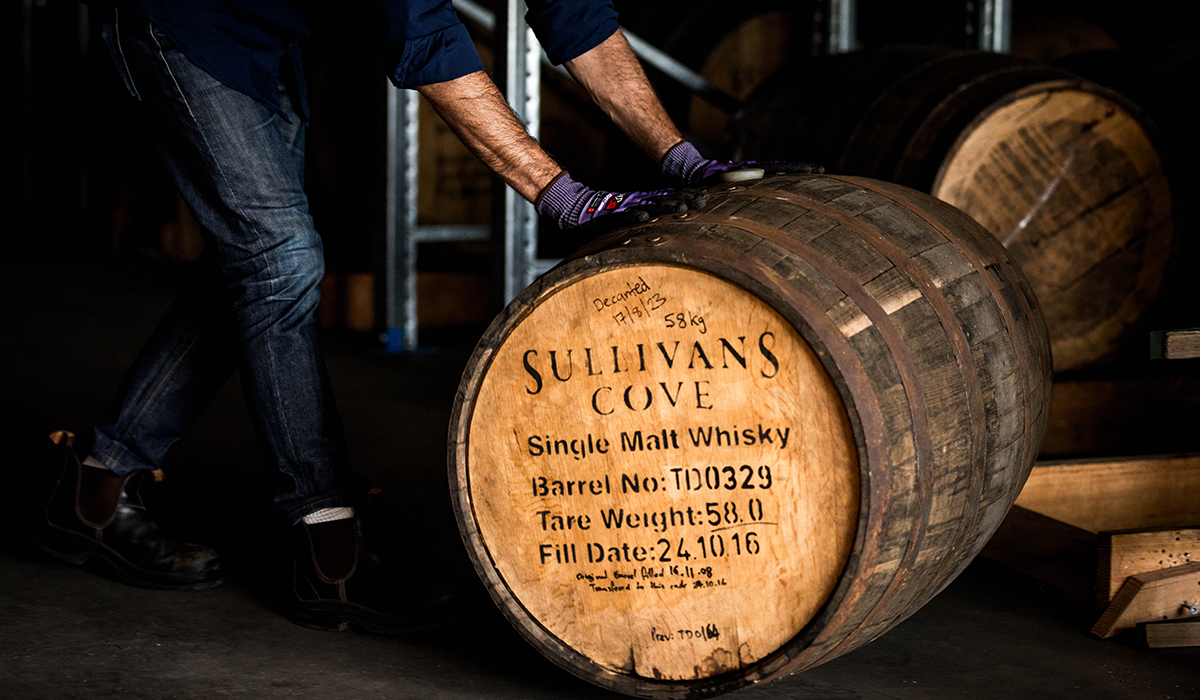
Starward whisky
Starward is another brand leading the charge for reasonably priced Aussie whisky. The Melbourne distillery is a pioneer in the use of Australian red wine casks, an even bigger departure from traditional styles of imported whisky and smart marketing given the appreciation for Aussie reds both at home and abroad. Starward’s founder David Vitale “always had a vision to create a uniquely Australian whisky,” says Starward’s blender Carlie Dyer.
“We started with Apera casks, which were abundant and very affordable when we first started in 2007. But now with the exponential growth of Australian distilleries and the decline in Apera production, they’ve become quite expensive. So, we turned to red wine. The Australian wine industry produces globally renowned reds and provides us excellent barrels, which translates to our whisky,” she explains.
Red wine casks are becoming increasingly popular in Scotland, too. But the standard there is something called an STR cask (shaved, toasted and re-charred), where much of the red wine character is eliminated. By contrast, Starward aims to retain all the juicy goodness from our excellent local drops. “We do full maturation in fresh red wine casks, which gives us lots of vibrant, rich, red fruit characters” says Carlie. For Starward, the proof is in the whisky-flavoured pudding, with their Two Fold label the world’s highest selling Australian whisky and the brand making serious inroads into foreign markets.
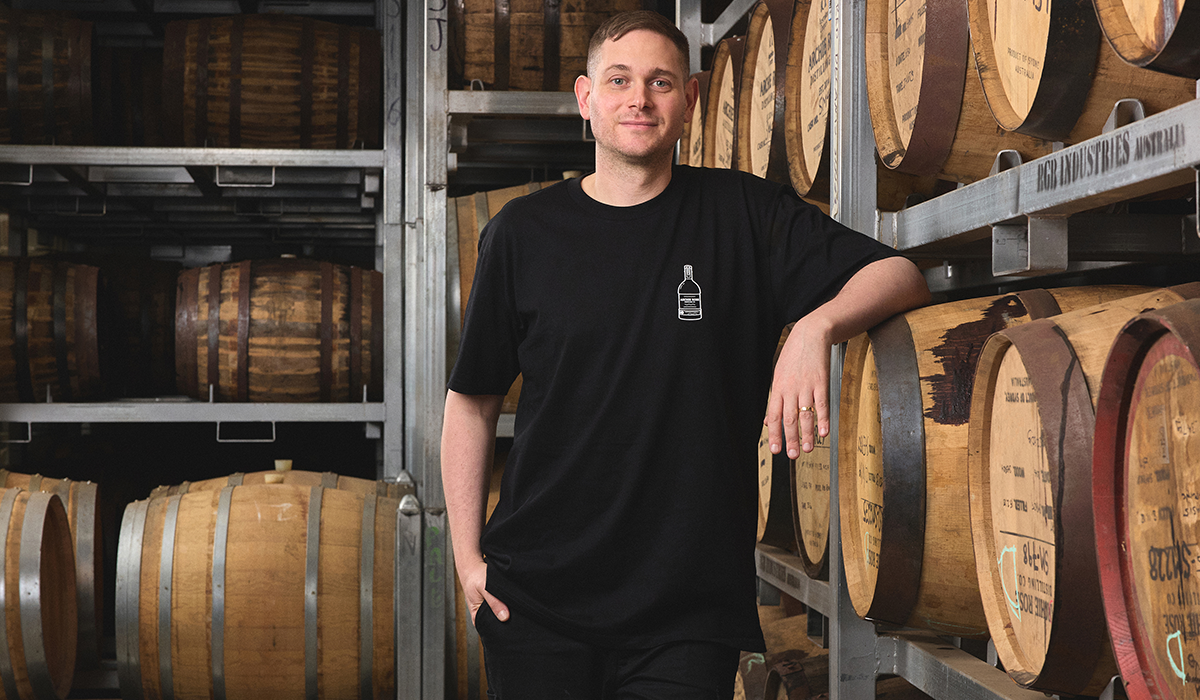
Archie Rose whisky
At Sydney’s Archie Rose Distillery, Australian wine casks also feature heavily in their mission to make uniquely Australian spirits. “Winemakers focus deeply on the quality of the wood being brought into the cellar,” says Archie Rose master distiller Dave Withers. “Particularly as demand for top-quality oak increases, having a local resource of high-quality timber seasoned with local wine is a boon for Australian distilleries. The quality of whisky that can be made with those expertly selected casks is phenomenal, and we’re excited to see where that road can take us,” he says.
As Australian distilleries become more accustomed to the challenge of using non-fortified wine casks, more experimentation and a wider variety of styles is the natural outcome. Whiskies like Cape Byron Distillery’s excellent chardonnay cask single malt and special editions like Lark’s Frogmore Creek Cuvee Cask are the result. So next time someone asks how to define Australian whisky, say this; “You’ve heard of Aussie wines? Just wait ‘til you taste our whisky.”
Join Halliday Wine Club to drink the very best of Australian wine
Are you an explorer, enthusiast or collector? No matter the Halliday Wine Club plan you choose, each month we'll deliver two bottles of 95+ point wines direct to your door. From $89 per month. You can skip, pause or cancel anytime. Join now.
Image credit: Wine Australia.
